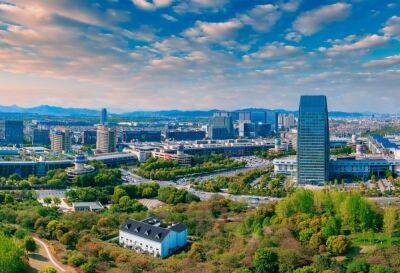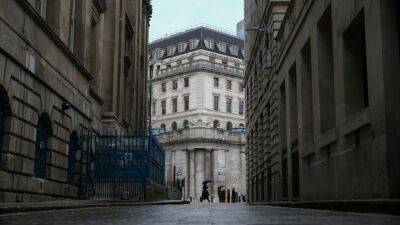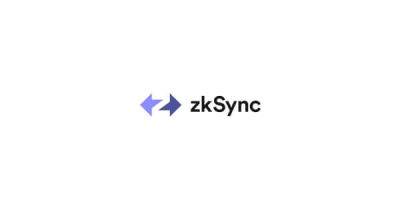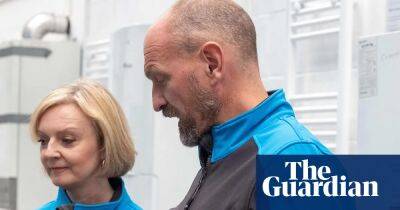UK pay growth slowdown adds to inflation squeeze on households
UK wage growth slowed in the three months to January, despite inflation staying stubbornly high, prolonging the cost of living crisis affecting millions of households.
Wages growth fell to 5.7% from a revised 6% in December to leave the average pay rise 3.2% below the rate of inflation, the Office for National Statistics (ONS) said.
Easing pressure on the Bank of England to raise interest rates, pay growth in the private sector fell for the first time in a year from 7.3% to 7%.
Central bank officials have warned they may need to increase interest rates if wages continue to rise, fearing that high incomes will add to the pressure on shop prices.
Public sector wages continued to close the gap with private sector workers but the increase of 4.8% for workers employed by the state still fell short of the average of 7% paid to private sector workers.
Pay in finance and business services sector had the largest growth rate at 7.7%, followed by the construction sector at 5.8%.
There was a fillip for the chancellor before the budget on Wednesday from figures showing the proportion of working age people with a job edged higher to 75.7% in the three months to January 2023, driven by young people taking part-time jobs and a rise in the number of self-employed.
A more recent estimate of PAYE workers by HMRC found the number of payrolled employees jumped 98,000 to 30 million.
The ONS said the workers categorised as neither working nor looking for a job fell overall, “driven by a drop in young people”.
However, the ONS reported that employers were nervous about the outlook for the economy and reduced the number of jobs on offer by 51,000, taking the number of vacancies down to 1.124m.
The modest rise in the number of part-time workers is also
Read more on theguardian.com






![How Cardano [ADA] shrugged off losses, extended growth hike across board](https://finance-news.co/storage/thumbs_400/img/2023/3/23/61180_rtrl.jpg)



